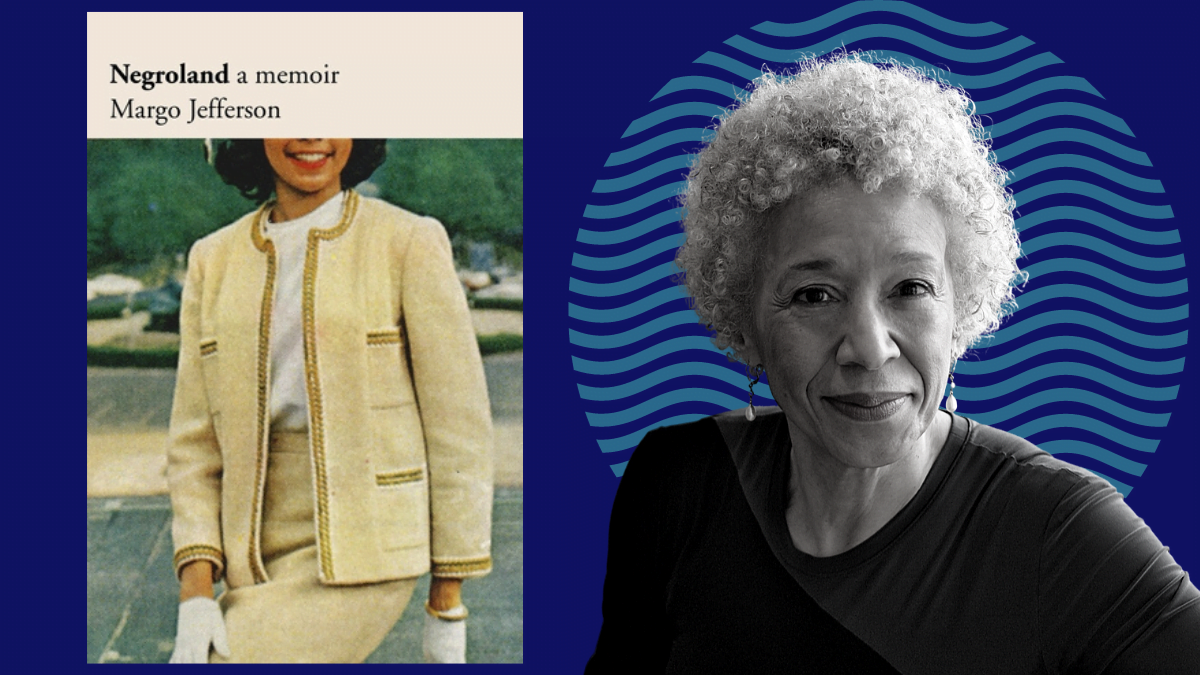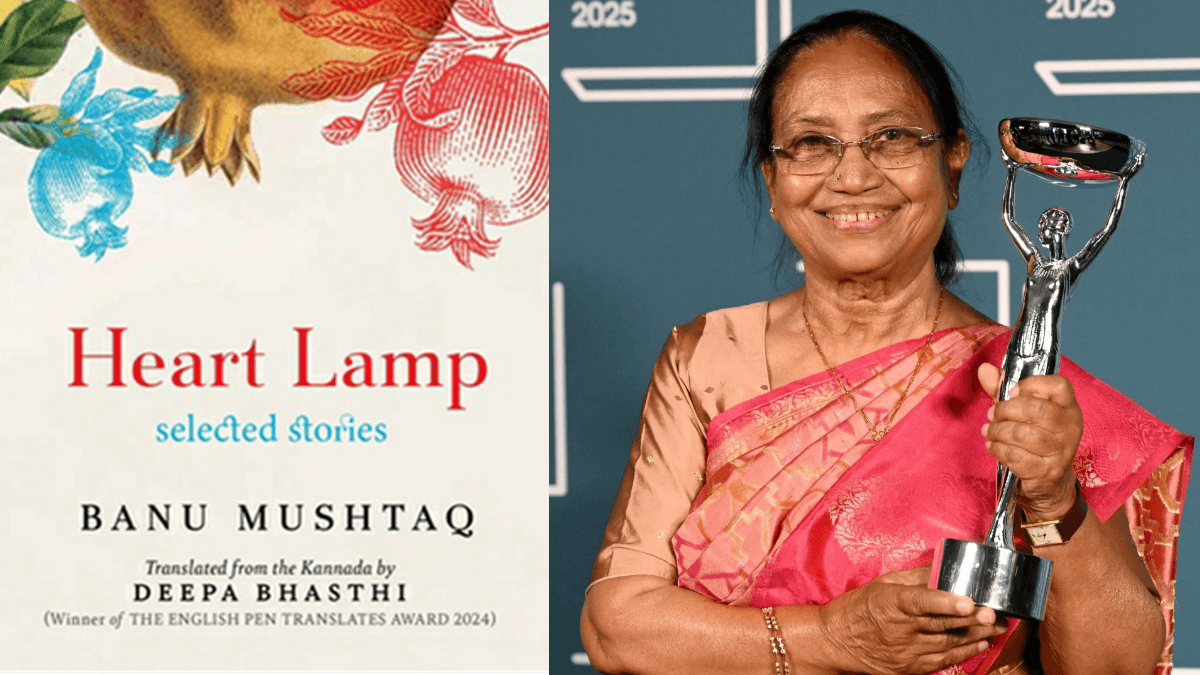“You were never to act undignified in their presence, but neither were you to act flamboyant. Showing off was permitted, even encouraged, only if the result reflected well on your family, their friends and your collective ancestors.” (p.9)
~Negroland: A Memoir
So goes Margo Jefferson’s words in her Memoir, Negroland. She brings forth an evocative account of her life as a “privileged” Black woman, cross introspecting the dilemmas and the psychological trauma that Black women go through within an inherently racist structure. Intersectionality not just remains a solidified concept but instead comes out as an organic necessity through the lived experiences detailed in the memoir. Margo begins with the statement that she was taught to distinguish herself through presentation, not declaration, to excel through deeds and manners, and not showing off, only deserving to be returned to indigence, deference, and subservience.
This is clearly reflected in the judgements which the White people make once they see certain traits or specialised interests that are supposed to be the sole established domain of the former. This automatically creates an inhibition for the innate self-expression in public, because the Blacks are always dismissed and denounced as envious and petty; as derivatives and dependents by nature fit only for a second-class life. Margo marks profoundly in her work that this discriminatory and prejudiced attitude biased against the Black community, hits the women harder and does not wither away, even though the Blacks keep expecting that adhering to the White standards of living and framework would place their community in a better position.
Margo in Negroland makes a very pointed statement that the evaluation of the imperfect activities of the Blacks, do never cross the box of sub/provisionally human. Due to the very same reason there is a double edged White American backlash on the achievements and failures of the Black community, discouraging the outpouring of the latter’s insecurity and uncertainties in the public. This perpetually stays like a mark from which there is no escape.
In the course of the work, Margo states that Black women are permitted to achieve lighter accomplishments like the skills in artforms which had to have the social sanction of the Whites. There automatically comes forth a stimulus mechanism at times of avoidance and lack of recognition, to seek refuge in the standards that are ascribed for the Blacks, making the wrong unredressed. This acts completely in contrast to the statements produced by stalwarts like Charlotte Forten who says: “Conscience answers it is wrong, it is ignoble to despair…Let us take courage, never ceasing to work, —hoping and believing that if not for us, for another generation there is a better, brighter day in store.”
Margo marks these words as a little melancholic if not sinking back to self-doubt. She also makes a point that it is quintessential for the female chroniclers themselves to also raise their voice collectively against the post slavery claims that Negro men are compulsive rapists of White women (even if they were consensual because it is believed that no voluntary alliance is possible between a White woman and a coloured man, without a proof of force) and that the Negro women are inherently incapable of being “virtuous mothers and wives”.
Margo in Negroland doesn’t forget to bring out the disparity between the Black men and women, even though the strategic privilege and flagrantly displayed prosperity had let the privileged among them to conveniently forget things.
Miss Jefferson pretty clearly explains that usage of bright colors by Black Women is viewed as flaunting, along with their dark skin indicating an aggressive and indiscriminate sexual readiness, inciting demeaning associations. Margo also specifies that it was these exact acts of prejudice and bias that paved the way for the concretisation of ambitions for the oppressed. The moment each and every Black gets bigoted, there is an attempt taking root in each coloured’s mind because their natural aptitudes are mortified through questioning. Later, she puts forth another key point that the society can turn any success of theirs into a setback; permit them to advance, and then insist that they fail or, on pain of death, retreat. This leaves no stone unturned and advances the structure of oppression unceasingly.
Due to extreme embarrassment the Blacks also avoid any kind of association with the Whites and this intimidation has brought about opposite effects. As put clearly by Margo, “A wrong is unredressed when retribution overtakes its redresser. A wrong is equally unredressed when the avenger fails to make herself felt as such to him who has done the wrong.” Margo reminds that however the Black parents let their children try to flourish with their hard-earned access to culture and education, several internalised factors embedded in the public media push them to a chasm of ignorance opening up their constructed inferiority to consume their little selves.
When several of these racist constructs confront the little children, Margo says, parents undergo a spiritual disaster, because they are either forced to relive their bitter knowledge or to back down to it once more, neither giving a perpetual sound solution to the inhumane oppression they have gone through and which the children are forced to go through.
Also read: Tokra Of Books: Inspiring Reform & Revolution At The Farmer Protests
Margo in Negroland doesn’t forget to bring out the disparity between the Black men and women, even though the strategic privilege and flagrantly displayed prosperity had let the privileged among them to conveniently forget things. While the Negro men had to face recurring obstacles in the form of social ostracisations forcefully reminding them time and again that they are second class citizens, Negro women are forced to be excessively feminine, always being under a behavioral check.
Premature sexual activity and pregnancy out of wedlock was just another statistic to be held against their race. An in-depth realisation of this Black life, gradually forces the Black elite community to understand that they were still the instruments of oppression who had settled for a desiccated white facsimile abandoning the vital black culture thinking that they would be able to assimilate into the rubric of the White civilisation. Margo mentions explicitly that when the Negro man was at the center of the cultures race obsessions, the Negro women were pushed to the shabby fringes.
Towards the end of Negroland, Margo realises that the despair to an extent is self-indulgent, as despite being given all the advantages, the oppressive structures continue to haunt the Black women.
While charting the limitations of the bourgeoisie White feminism, Margo makes an important point of distinction between the Black and White women. Only the latter could enjoy the privilege of freely yielding to depression and of flaunting neurosis as a mark of social and psychic complexity, glorifying only the White female resistance and suffering. This, probably for her, came up from the understanding that the Black community had endured horrors for centuries and that such indomitable spirit should be enough for their descendants too, to prevent any nervous collapse. This, in itself, showed a condescending attitude of the White women, ill regarding the despair of the Black women.
Towards the end of Negroland, Margo realises that the despair to an extent is self-indulgent, as despite being given all the advantages, the oppressive structures continue to haunt the Black women. She equally rejects the narrow regressive attitude of the White feminists who consciously ignore the lived experiences of the Black women, as it’s a racially damaged territory, worthy enough only to be pitied and not pursued. While the public (both Black and White) confronted the idea of Black women fighting, with mockery and contempt, the complete onus of strengthening the Negro family was vested in the hands of the latter. She says that the world outside reconfigured her socio-political and intellectual thoughts, inspiring to work tooth and nail to disperse the hierarchies and to mold her Black independent selfhood to deconstruct so many of the interiorized matters for the liberation of the Black women.
“There are days when I still want to dismantle this constructed self of mine. You did it so badly, I think. You lost so much time. And then I tell myself, so what? So what?“
Also read: 12 Powerful Books Written By Women Writers In 2020
Reference
Jefferson, Margo. (2015). “Negroland: A Memoir”. New York: Pantheon Books
Nayana Vijayakumar is a Masters student at the Centre for Political Studies, Jawaharlal Nehru University with a great enthusiasm for pursuing an interdisciplinary research on Political thought and Area studies corroborating the ideal of Social Justice. You can find Nayana on Facebook.




